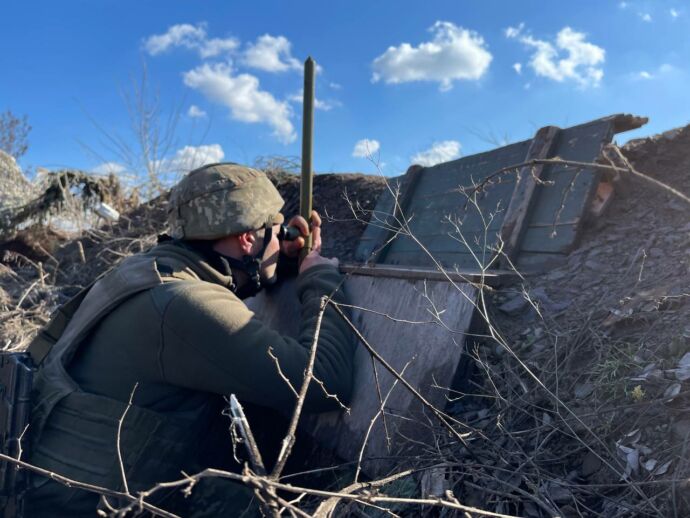Eight years ago, the Russian Federation launched an armed invasion into the sovereign territory of Ukraine – the Autonomous Republic of Crimea and the city of Sevastopol.
Russian aggression against Ukraine continued in the Donetsk and Luhansk regions, in the Black Sea, the Sea of Azov and in the Kerch Strait.
Since 2014 the armed conflict waged by Russia has claimed the lives of about 14,000 people, injured at least 30,000, including civilians, and forced more than 1.5 million people to flee their homes in Crimea and Donbas to escape occupation for the government-controlled territory of Ukraine.
The first attempt to seize part of the territory of a neighboring state by force since World War II was a blow to world security, based on international law, including on respect for the internationally recognized borders of sovereign states.
The temporary occupation and attempted annexation of Ukrainian territories turned them into zones of unprecedented violation of human rights and fundamental freedoms. All those who disagree with the occupation are systematically persecuted. Russia oppresses Ukrainian and Crimean Tatar communities on ethnic and religious grounds in the temporarily occupied Crimea.
Despite all the efforts of Ukraine and the international community to peacefully resolve the conflict created by Russia, Russia’s aggression is only expanding.
The recent unprecedented military build-up by Russia near Ukraine’s border, in the temporarily occupied Crimea and in Belarus became not only part of pressure on Ukraine, but also an element of blackmail aimed at further undermining Europe’s security architecture, norms and principles of international law.
Russia continues to use all possible instruments of its ongoing aggression against Ukraine. Under the pretext of naval exercises, the Russian Federation is blocking large parts of the Black Sea, the Sea of Azov and the Kerch Strait, closing safe and established routes of maritime trade leading to Ukrainian ports. The latest example of such behaviour was the blocking on 13-19 February.
Read also: Russia has not enough contingent in Belarus to attack Kyiv, – Ukraine’s Defense Minister
Periodic attacks in cyberspace continue.
The aggressor state failed to achieve its key goal – to destroy the unity of Ukraine and undermine the steadfastness of the international coalition in support of Ukraine.
We remain committed to resolving this armed conflict through political and diplomatic means within the framework of existing negotiation formats, as well as with the involvement of international organizations, in order to restore and build peace.
We are creating a belt of security and prosperity by implementing the strategy of small alliances as an element of Ukraine’s proactive foreign policy. That is how the Lublin Triangle with Poland and Lithuania, the Quadriga with Turkey, the Associated Trio with Georgia and Moldova, and the Ukraine-Poland-UK alliance emerged.
Together with 46 of our foreign partners and international organizations, we have established the International Crimean Platform, a new format for the peaceful de-occupation of Crimea. We do develop the Platform to contain Russia’s geopolitical and military ambitions and maintain stability in the wider Black Sea region.
We express our gratitude to the states that provide us with political and practical support in order to strengthen Ukraine’s defense resilience and call for further intensification of bilateral military-technical cooperation to this end.
Russia must de-escalate, withdraw its military forces from Ukraine’s sovereign territory and stop destabilizing the international security situation.
Earlier today, Rostyslav Shurma, Deputy Head of President’s Office stated that irreversible losses in such a stressful situation are 2-3 billion dollars a month.













